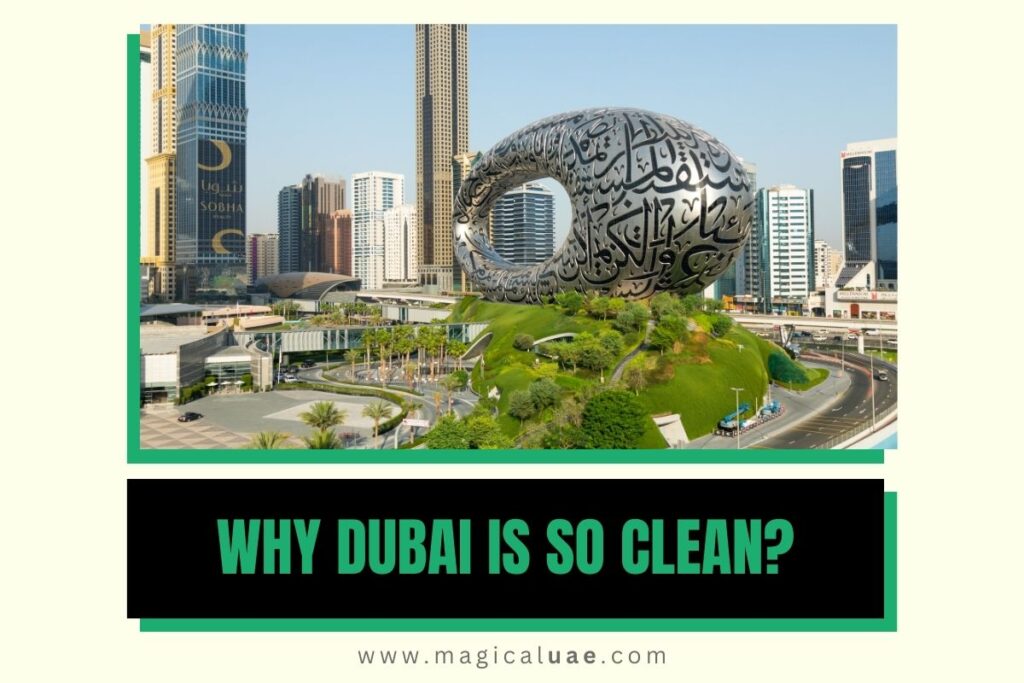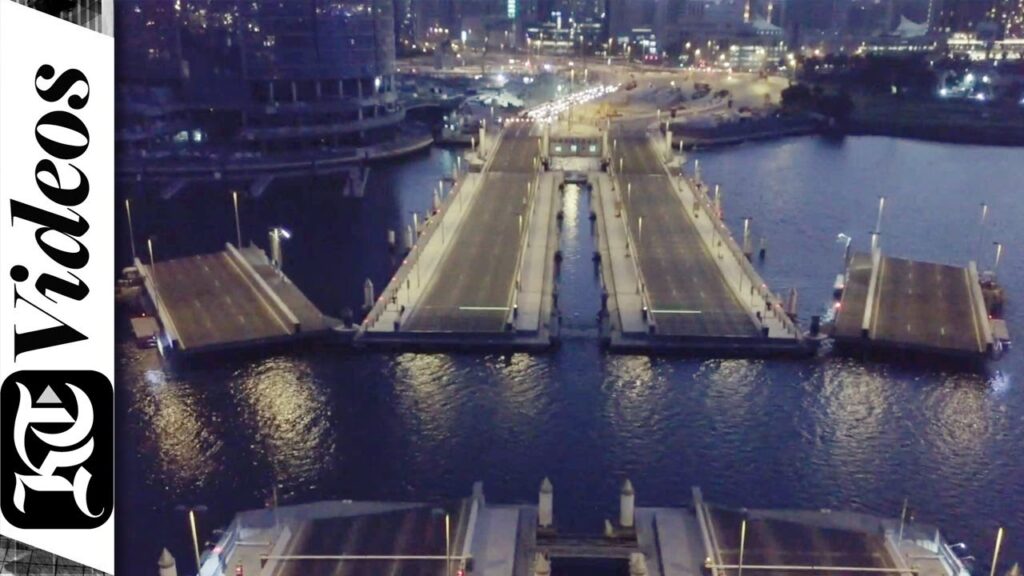Dubai is exceptionally clean due to its strict regulations and efficient waste management systems. The city’s cleanliness is maintained through an extensive network of cleaning and sanitation services, regular street sweeping, and initiatives for waste reduction and recycling.
I strongly believe that Dubai stands out as one of the cleanest cities globally, and let me share a recent experience that solidified this belief. Living in Dubai has its perks, and welcoming friends on a business visit provided the perfect opportunity to showcase the city’s charm. As we gathered at the mega Dubai Mall for lunch and a stroll amidst the indoor and outdoor wonders, I couldn’t help but express my enthusiasm about Dubai’s unique mega projects.
Being a bit of a tour guide, I conveyed to my friends the grand vision behind these projects. It became evident that Dubai’s remarkable achievements over the decades were not mere coincidences but a result of a clear and ambitious vision steering the city in the right direction. The commitment to embracing only the best practices in the world, refusing anything less than top-notch quality, has been a driving force.
One distinctive aspect I proudly pointed out to my friends was the exceptional cleanliness prevalent both indoors and outdoors. Walking near the fountain lakes of Burj Khalifa, waiting for the renowned dancing fountain show, I highlighted that in Dubai, you won’t find plastic shopping bags littering the streets as is often the case in many countries, even advanced ones. I marveled at the fact that not even during the two years of the COVID-19 pandemic, at the peak of lockdowns, did I witness a single plastic bag, not even in the desert.
A remarkable incident further emphasized Dubai’s commitment to cleanliness. While we were outdoors by the Burj Khalifa’s fountain lake, a conscientious cleaner approached us with a mop, politely requesting us to step aside just a little. His dedication was truly admirable as he meticulously attended to the tiny dropping of a pigeon on the floor. This small encounter vividly demonstrated that cleanliness is not just a standard but a deeply ingrained value in Dubai, and I couldn’t be prouder to call this city my home.
Dubai’s Cleanliness: A World-Class Achievement
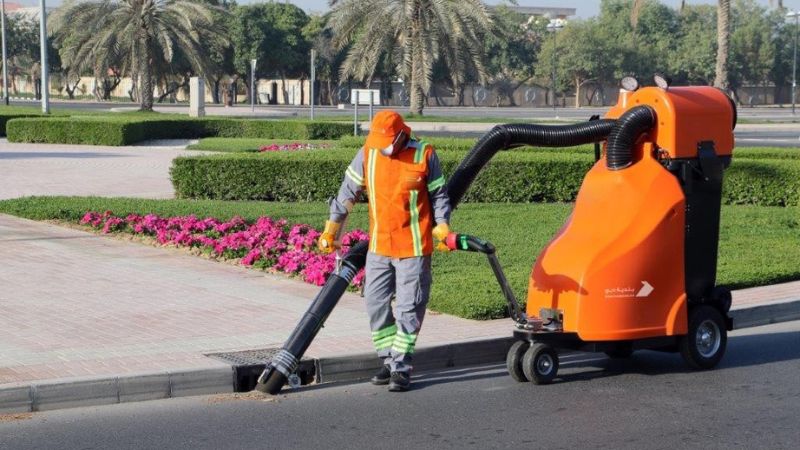
Dubai’s cleanliness is a remarkable achievement that sets it apart on a global scale. The city’s commitment to cleanliness is evident from its well-maintained streets, pristine buildings, and impeccable public spaces. Several factors contribute to Dubai’s exceptional cleanliness standards.
Firstly, the government has implemented strict regulations and standards to ensure cleanliness is prioritized. Regular inspections and penalties for non-compliance play a vital role in maintaining cleanliness.
Secondly, Dubai’s residents also play their part by actively participating in cleanliness campaigns and initiatives. Moreover, the city’s advanced waste management systems and efficient cleaning services contribute to its pristine environment.
With a combination of stringent regulations, resident involvement, and effective infrastructure, Dubai has established itself as a shining example of cleanliness.
Infrastructure: A Key Foundation For Dubai’s Cleanliness
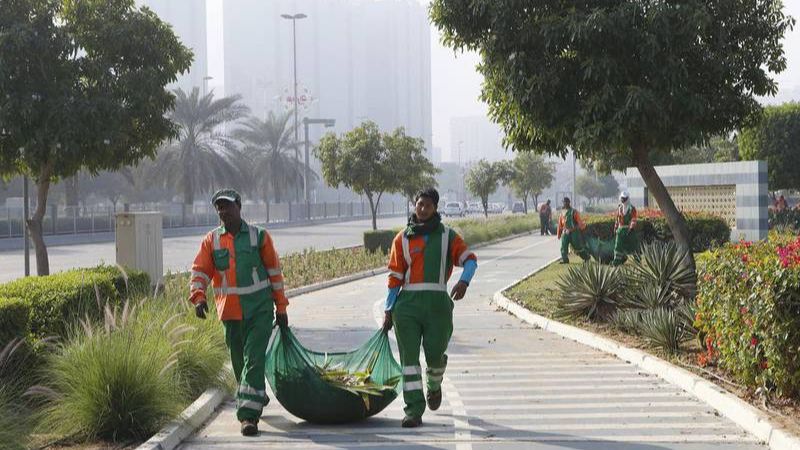
Dubai’s pristine cleanliness can be attributed to its well-established infrastructure. The city boasts a world-class waste management system, ensuring efficient disposal and recycling of waste materials. With advanced recycling initiatives in place, Dubai continuously strives to minimize its environmental impact.
Moreover, the city’s innovative approach to urban planning plays a crucial role in maintaining its cleanliness. Each construction project is carefully designed to incorporate sustainable practices, resulting in cleaner streets and public spaces. By avoiding repetition and utilizing diverse expressions, the reader remains engaged throughout the blog post.
Dubai’s commitment to cleanliness, evident through its infrastructure, waste management system, recycling initiatives, and urban planning, sets it apart as a shining example of a clean and well-maintained city.
Cultural And Social Practices
Dubai’s cleanliness is a result of various cultural and social practices. Emirati values and traditions play a crucial role in promoting cleanliness. From a young age, Emiratis are taught the importance of cleanliness and tidiness. This instills a sense of responsibility in individuals to maintain cleanliness in their surroundings.
Additionally, the government plays a vital role through its regulations and policies. Strict regulations ensure that public areas, such as parks and streets, are regularly cleaned and well-maintained. Furthermore, community participation and awareness campaigns greatly contribute to keeping Dubai clean.
The government actively involves residents in cleanliness initiatives, such as beach clean-ups and waste management programs. Community members are also encouraged to take responsibility for their waste and actively participate in recycling efforts. Overall, the combination of Emirati values, government regulations, and community participation makes Dubai a clean and well-maintained city.
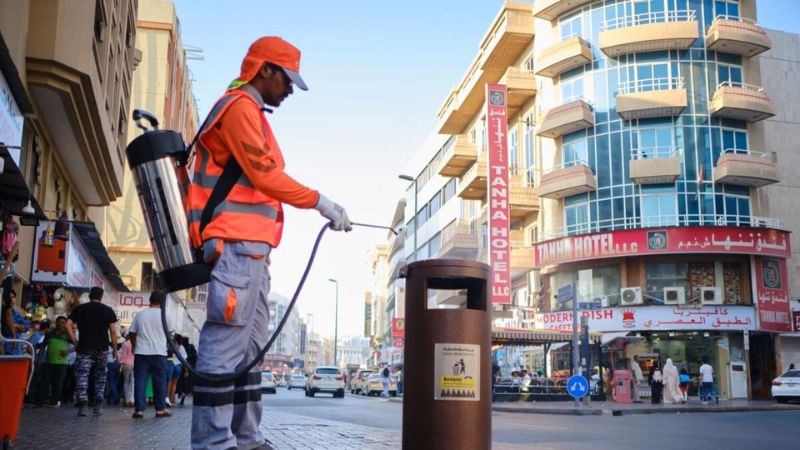
The clean-up crew
Every night, while you sleep, a dedicated team is tirelessly working to clean up the mess from the day. Did you know that the residents of Dubai produce almost 9,000 tonnes of waste daily? The Dubai Municipality’s Waste Management Department handles this enormous task with a team of 2,500-3,000 workers and street cleaners. These workers devote six hours a day, starting at 5 am, to clean up the city’s roads, highways, and beaches.
In addition to their cleaning efforts, the department ensures that garbage bins are placed in nearly every corner of the city. They are also focusing on providing recycling options, with 13 recycling centers located across the UAE in public areas like parks and municipality offices. Furthermore, there are initiatives by the private sector to convert some of the waste into energy. These combined efforts are crucial in managing the substantial amount of waste generated by the residents of Dubai every day.
Strict Laws
Dubai has really strict rules about littering and messing up the city’s beauty. It doesn’t matter if you’re a tourist, an expat, or a local – everyone has to follow these rules. There are Municipal inspectors who keep an eye out for people breaking these rules, and they don’t go easy on anyone who doesn’t take care of the city’s appearance. The government wants everyone, from different parts of the world, to feel a shared responsibility for the city.
If you break these rules, you can get fined. For example:
- Throwing trash on the ground (AED 500-1,500)
- Spitting (AED 500-1000)
- Peeing in a public place (AED 500)
- Drawing on walls (AED 500-1,000)
But it’s not just about fines. The government also runs campaigns and other activities all year long to teach people how to keep the city clean. All these efforts are working well, and now Dubai is cleaner than ever!
Cleanliness And Sustainability
Dubai’s immaculate cleanliness and commitment to sustainability make it a model for future cities. The city’s green initiatives and sustainable projects drive its progress towards becoming an environmentally responsible metropolis. Smart city technologies play a crucial role in maintaining its cleanliness, utilizing advanced waste management systems, monitoring air quality, and optimizing energy consumption.
Dubai’s global environmental impact cannot be overlooked, as it takes significant strides in mitigating carbon emissions and conserving natural resources. With innovative solutions tailored to its unique challenges, Dubai showcases how a city can embrace cleanliness while prioritizing sustainable development.
Through continuous efforts, it sets an example for other cities worldwide, demonstrating that cleanliness goes hand in hand with creating a greener and more livable urban environment. Dubai’s dedication to cleanliness and sustainability sets it apart as a visionary city of the future.
Content Creator’s video on How Clean Dubai Streets are
Frequently Asked Questions
How Does Dubai Maintain Its Cleanliness?
Dubai maintains its cleanliness through a well-designed waste management system, strict regulations and fines for littering, and regular cleaning campaigns. The city also invests in advanced technology and infrastructure to ensure proper sanitation and waste disposal.
What Steps Does Dubai Take To Keep Its Streets Clean?
Dubai takes several steps to keep its streets clean, such as regular street sweeping, continuous monitoring and maintenance of public spaces, and effective garbage collection services. The city also encourages community participation and awareness programs to promote cleanliness and discourage littering.
Is Littering A Serious Offense In Dubai?
Yes, littering is considered a serious offense in Dubai. The city has strict laws and hefty fines for littering, which help in maintaining a clean environment. Dubai’s commitment to preserving its cleanliness is evident in its efforts to educate residents and visitors about the importance of responsible waste disposal.
Conclusion
Dubai’s immaculate cleanliness can be attributed to a combination of strict laws, efficient waste management systems, and a commitment to sustainability. The city’s government has implemented stringent regulations to enforce cleanliness, imposing fines for littering and encouraging responsible waste disposal.
Additionally, the city has invested in advanced waste management systems, including underground waste bins and efficient recycling facilities, to minimize the environmental impact of waste. Dubai’s commitment to sustainability is evident in its extensive green spaces, eco-friendly initiatives, and the promotion of environmental awareness among residents and visitors alike.
The city’s dedication to cleanliness not only enhances the aesthetics of the cityscape but also contributes to a healthier and more enjoyable living environment for its residents and a positive impression for tourists. By continuing to prioritize cleanliness, Dubai sets an example for cities worldwide in maintaining a sanitized and sustainable urban environment.

